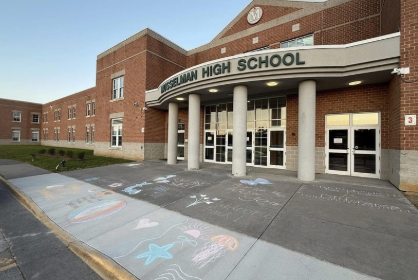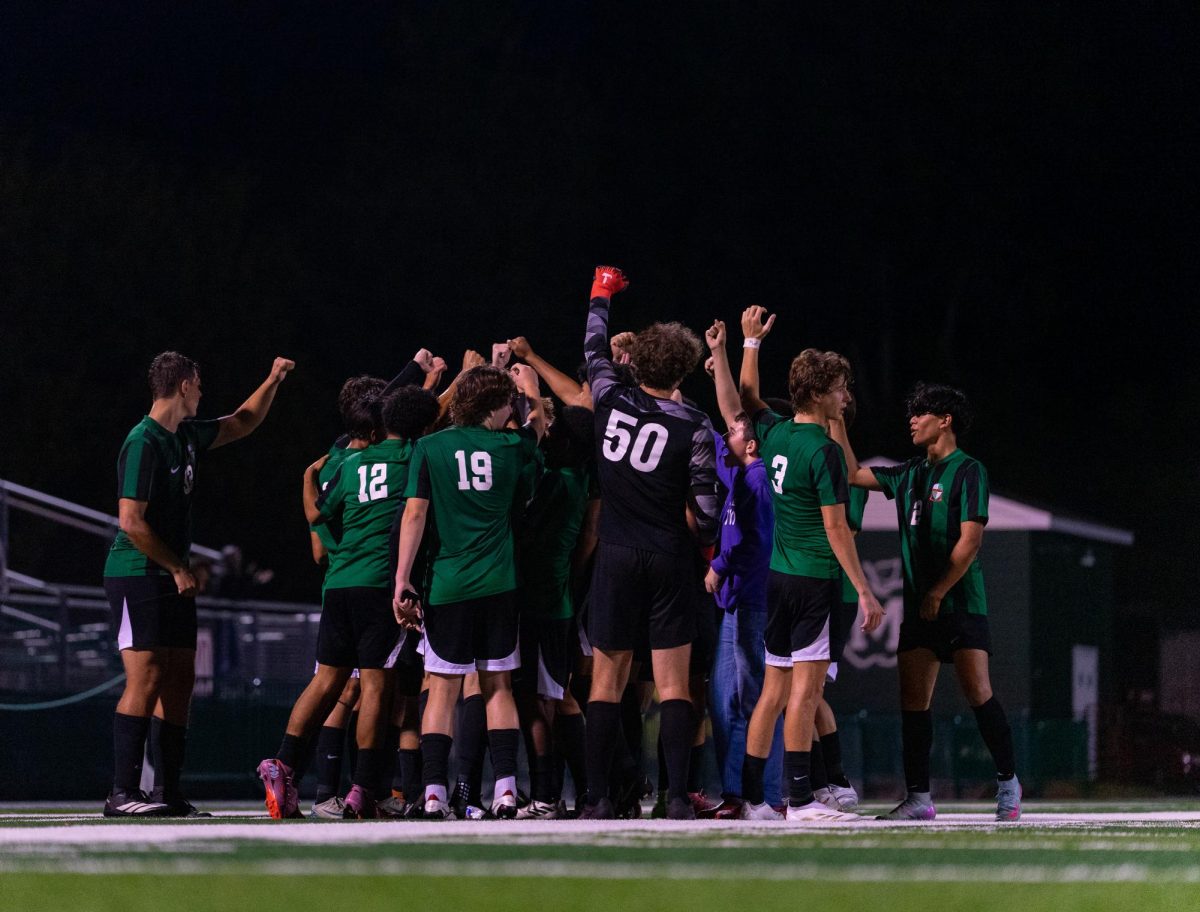As the days grow shorter and the weather becomes colder and drearier, oftentimes, people can notice a shift in their mental and physical health, typically for the worse. It has been proven that the essential organic compound known as vitamin D remains to be the vitamin most Americans are deficient in. Due to the fact that the human body gets an abundance of this vitamin through the sun, an environmental factor can manifest in one’s mental health without directly knowing the reason. Numerous reports suggest that the colder months tend to correlate with a phenomenon known as seasonal depression, where masses of individuals experience a decline in mental health and tend to have more suicidal ideations. This phenomenon becomes prevalent in many lives and now more than ever the people are in demand of emotional support and accommodations.
In a world where SSRIs (Selective Serotonin reuptake Inhibitors) are a multibillion-dollar industry, it would be the bare minimum for workplaces and school systems to implement systems to decrease potentially harmful ideations. Despite the growing recognition of its importance as a society, both the school system and workplace frequently fall short in adequately addressing mental health challenges.
Particularly in West Virginia, the supply of help does not nearly meet the demand. This reveals the prevalent systematic failure to prioritize the psychological well-being of individuals in favor of productivity, revenue, and achievements. In particular, the school system’s emphasis on academic achievement often overshadows the need for real-world guidance. Subsequently, students may grapple with stress, anxiety, and other mental health issues without access to the necessary resources for assistance. A report by EducationWeek.org would go on to state that as of 2022, over forty percent of students surveyed in the US report feeling “hopeless,” “anxious,” and “depressed.” Half of them would state that they had contacted their counselors with their concerns, and while they were not wholly ignored, further intervention would not occur unless the student persisted continuously.
The conditions in most American workplaces aren’t considerably better; with the lack of emphasis on work-life balance and penalizing those who take time off for mental and medical reasons, many burn out due to the ceaseless pressure to stay productive. Hence, employees are experiencing a heightened level of stress, burnout, and a decline in mental health. More than ever the expectations for constant connectivity have led to a sense of urgency, leaving workers with little respite. The consequences are profound, with mental health suffering as a casualty of this demanding culture.
Many public servers, specifically, would comment that acclimating to remain under mentally strenuous conditions for years is an unspoken requisite to their careers. Employers have yet to acknowledge the importance of achieving a balance between productivity and employee well-being, fostering a workplace culture that prioritizes mental health, promotes work-life balance, and provides adequate support systems. Failure to address these issues not only jeopardizes the mental health of the workforce but also threatens diminishing general productivity and long-term employee fulfillment.
Overall, it may be said that the corpirid and educational environment severely lacks in the department of providing suitable mental health care for their workers and students. Consequently many are suffering in these environments, seeing no better solutions available to their situations. As a collective we must understand that the “Average American” is suffering all to the avail of the bourgeoisie, acknowledging that information and doing one’s best to end the enabling of this behavior will ultimately lead to a better future.




















